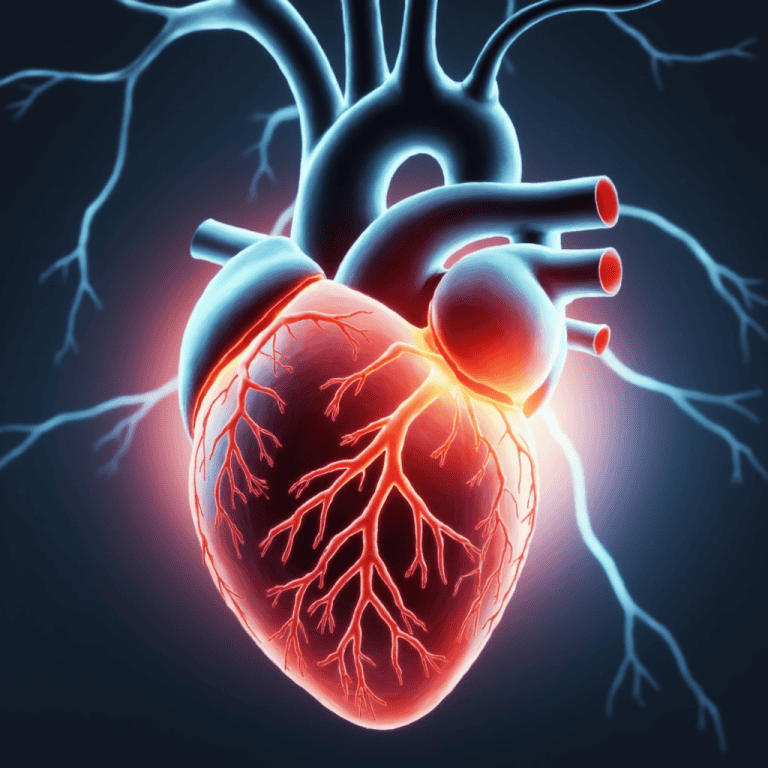Welcome to our online coronary circulation quiz! Have you ever wondered how blood flows through your heart and supplies it with oxygen and nutrients?
In this quiz, you’ll test your knowledge on the intricate system of blood vessels that make up the coronary circulation.
Coronary circulation is essential for keeping your heart healthy and functioning properly. By understanding how blood flows through the arteries and veins of the heart, you can learn more about the importance of a healthy lifestyle and how it impacts your heart health.
So, get ready to dive into the world of coronary circulation and see how much you know about this vital process!
Play Coronary Circulation Quiz
Instructions
- This quiz is multiple choice.
- Read each question carefully before selecting an answer.
- Choose the best answer for each question.
- You will see the missed questions with correct answers at the end of the quiz.
Quick Facts
- The heart receives its own blood supply through a network of blood vessels.
- This network of blood vessels delivers oxygen and nutrients to the heart muscle.
- The coronary arteries branch off from the aorta, the main artery that carries blood from the heart to the rest of the body.
- The coronary veins carry deoxygenated blood away from the heart muscle and back to the lungs to get more oxygen.
- The heart’s own blood supply is crucial for its proper function and to keep it healthy.
- Coronary circulation is essential for maintaining a steady flow of blood to the heart muscle.
- Blockages or narrowings in the coronary arteries can lead to heart problems like heart attacks or angina.
- The heart has its own built-in system to ensure it gets the oxygen and nutrients it needs to keep beating.
- The coronary circulation system works tirelessly to supply the heart with the blood it needs to function properly.
- Keeping the coronary circulation system healthy is important for overall heart health and well-being.
Downloads
Study Tips
- Create a study schedule and stick to it.
- Find a quiet and comfortable study environment.
- Remove distractions such as phones and social media.
- Take breaks every 25-30 minutes to avoid burnout.
- Use active studying techniques like summarizing, highlighting, and teaching concepts to someone else.
- Practice retrieval by testing yourself with flashcards or practice quizzes.
- Stay organized with notes, study guides, and resources.
- Stay hydrated and eat brain-boosting foods like fruits, nuts, and whole grains.
- Get enough sleep to improve memory retention and cognitive function.
- Reward yourself for reaching study goals to stay motivated.
